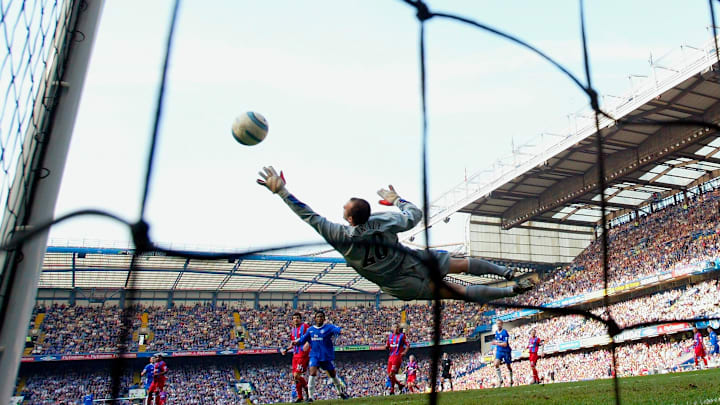The Art of Effective Goal Setting

Setting goals is a crucial step toward achieving success in any area of life. Whether you’re striving for personal growth, career advancement, or improved health, effective goal setting provides the clarity and motivation needed to turn your aspirations into reality. However, not all goals are created equal. Understanding how to set effective goals can make the difference between success and frustration.
The first step in effective goal setting is to be specific about what you want to achieve. Vague goals like “get in shape” or “be more productive” are hard to measure and even harder to accomplish. Instead, define your goals in clear, concrete terms. For example, “lose 10 pounds in three months” or “complete three major projects this quarter” gives you a specific target to aim for.
Once you have a clear goal, it’s important to break it down into smaller, actionable steps. Large goals can feel overwhelming, but by dividing them into manageable tasks, you create a roadmap to follow. For instance, if your goal is to write a book, you might start by setting a word count target for each day or week. These smaller milestones keep you on track and make the overall goal feel more achievable.
Another key aspect of effective goal setting is to ensure your goals are realistic and attainable. While it’s important to challenge yourself, setting goals that are too ambitious can lead to frustration and burnout. Consider your current resources, time, and commitments when setting goals, and make sure they align with your abilities and circumstances.
It’s also essential to set a timeline for your goals. Deadlines create a sense of urgency and help prevent procrastination. Whether it’s a short-term goal like finishing a project by the end of the week or a long-term goal like saving for a down payment on a house in two years, having a clear timeframe keeps you focused and motivated.
Finally, regularly review and adjust your goals as needed. Life is unpredictable, and circumstances can change, requiring you to adapt your goals. By periodically reassessing your progress and making adjustments, you can stay aligned with your overall vision while remaining flexible.
In conclusion, effective goal setting is an art that requires clarity, planning, and flexibility. By setting specific, realistic goals and breaking them down into actionable steps with a clear timeline, you set yourself up for success. Regularly review your progress, adjust as necessary, and celebrate your achievements along the way. With the right approach, your goals can become a powerful tool for personal growth and success.